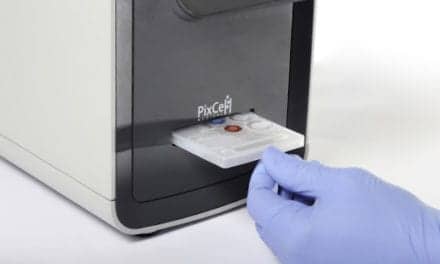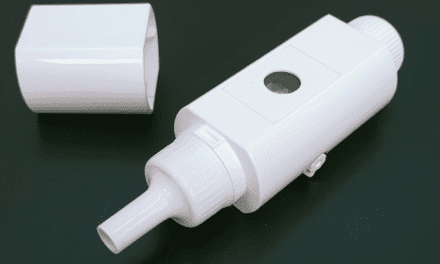According to the US Department of Justice, Alere Inc, Waltham, Mass, and its subsidiary Alere San Diego have agreed to pay the United States $33.2 million to resolve allegations that Alere caused hospitals to submit false claims to Medicare, Medicaid, and other federal healthcare programs by knowingly selling materially unreliable point-of-care diagnostic testing devices.
“The United States is fortunate that innovative healthcare companies regularly develop medical devices that improve patients’ lives, often in remarkable ways,” says Acting Assistant Attorney General Chad A. Readler, of the justice department’s civil division. “But the department will hold medical device manufacturers accountable if they knowingly sell defective products that waste taxpayer dollars and adversely impact patient care.”
The United States alleged that between January 2006 and March 2012, Alere knowingly sold materially unreliable rapid point-of-care testing devices marketed under the trade name Triage. The Triage devices were intended to aid in the diagnosis of acute coronary syndromes, drug overdose, heart failure, and other serious conditions, and the devices were frequently used in emergency departments where timely decisions are critical to ensuring proper patient care. According to the government’s allegations, Alere received customer complaints that put it on notice that certain devices it sold produced erroneous results that had the potential to create false positives and false negatives that adversely affected clinical decisionmaking. Nevertheless, the company failed to take appropriate corrective actions until FDA inspections prompted a nationwide product recall in 2012. Of the $33.2 million to be paid by Alere, $28,378,893 will be returned to the federal government, and a total of $4,860,779 will be returned to individual states, which jointly funded claims for Triage devices submitted to state Medicaid programs.
“Physicians who work to treat patients with suspected myocardial infarctions rely upon devices such as Alere’s Triage cardiac products for quick and accurate readings,” says Stephen M. Schenning, Acting United States Attorney for the District of Maryland. “When manufacturers such as Alere make changes to the specifications that affect the product’s reliability without informing physicians or the FDA, patient care is put at substantial risk.”
“Congress passed the False Claims Act on March 2, 1863, to protect taxpayer dollars from fraud and abuse and to allow private citizens to join the effort,” says Maureen R. Dixon, special agent in charge for the Department of Health and Human Services Office of Inspector General (HHS OIG) in Philadelphia. “We will continue to work with concerned citizens, the Department of Justice, and our investigative partners to ensure the federal government only pays for honest, high-quality healthcare products and services.”
The settlement with Alere resolves a lawsuit filed under the whistleblower provision of the False Claims Act, which permits private parties to file suit on behalf of the United States for false claims and share in a portion of the government’s recovery. The civil lawsuit was filed by Amanda Wu, who formerly worked for Alere as a senior quality control analyst. As part of the resolution, Wu will receive approximately $5.6 million.
The settlement with Alere was the result of a coordinated effort among the US Attorney’s Office for the District of Maryland, the commercial litigation branch of the justice department’s civil division, and the National Association of Medicaid Fraud Control Units, with assistance from FDA’s Office of Chief Counsel and HHS’ Office of Counsel to the Inspector General. The investigation was conducted by the Department of Defense Criminal Investigative Services, HHS-OIG, and FDA’s Office of Criminal Investigations.
The claims resolved by the settlement are allegations only, and there has been no determination of liability. The lawsuit is captioned United States ex rel. Amanda Wu v. Alere San Diego, et al. (No. GLR-11-CV-1808).





